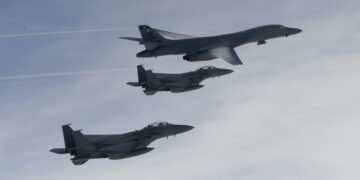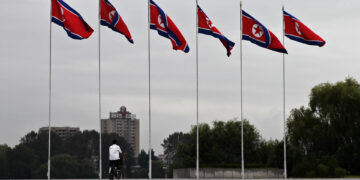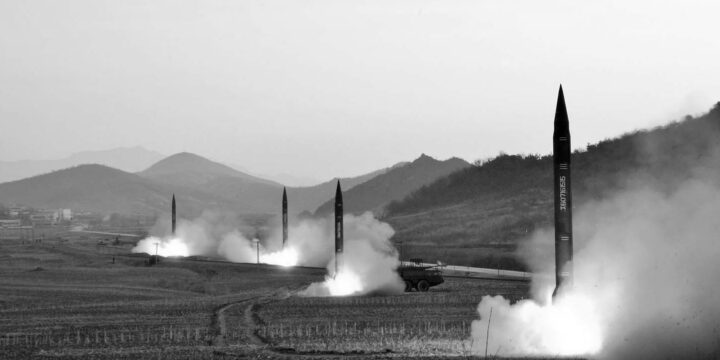April 17, 2019
North Korea’s missile test is not a threat, and U.S. diplomacy should continue
FOR IMMEDIATE RELEASE:
April 17, 2019
Contact: press@defensepriorities.org
WASHINGTON, DC—Today, North Korea conducted a weapons test, its first since negotiations with the United States stalled. Defense Priorities Policy Director Benjamin H. Friedman issued the following statement in response:
“North Korea’s latest missile test is unfortunate, but nothing new that should undermine efforts at diplomatic engagement. Kim Jong-un has launched more than 80 missiles and conducted four nuclear tests in the last decade. Like those before it, this latest test does not threaten the United States. America’s conventional and nuclear capabilities deter great powers, like China and Russia, and overwhelm weak ones like North Korea. North Korea’s leadership knows that attacking the United States would be suicide.
“Today’s tactical missile test is likely an attempt to jumpstart the stalled negotiations with the United States. It should not be rewarded, but the U.S. should continue to engage in diplomacy to reduce tensions, open North Korea, and secure peace on the Korean Peninsula.
“No amounts of threats or rewards will denuclearize North Korea in the foreseeable future, given that its weakness makes it vulnerable and dependent on those weapons for its security. The Trump administration’s approach should instead be to augment South Korea’s search for a series of deals that lead to better relations with the North.”
More on North Korea

Featuring Lyle Goldstein
June 27, 2025







